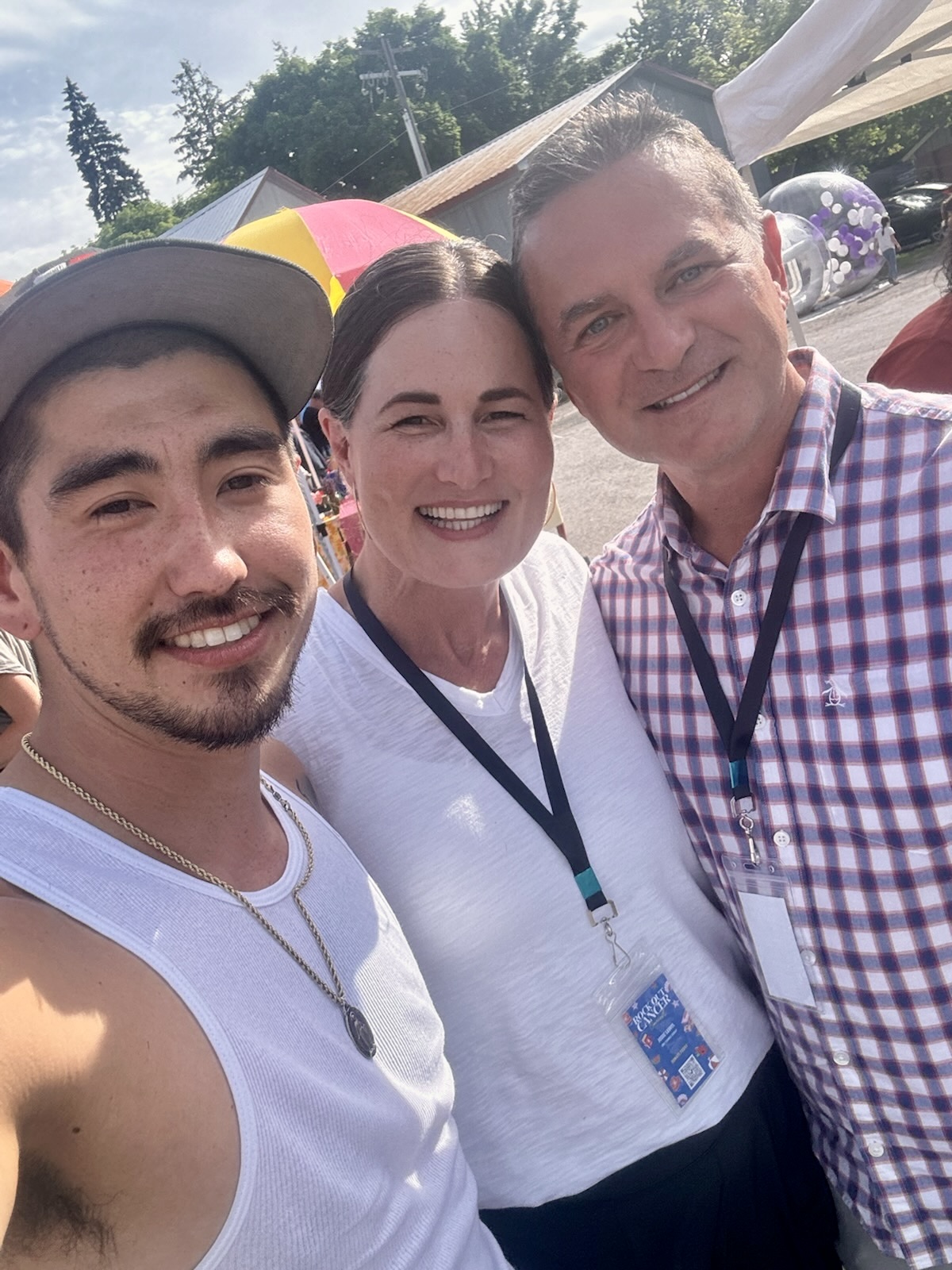How Depression and Anxiety May Affect PWD Coping and Adaptation Process
Two significant mental health disorders that may occur in people with disabilities (PWD) are depression and anxiety. Depression and anxiety can take place for many reasons. For people who have progressive disabilities or who have just learned about a new disability, there are many life changes which may be experienced. Examples can include:
- No longer having the ability to physically partake in activities that the PWD or their family members enjoy
- A change in dependency and independency
- A change in the ability to continue one’s current vocation which may affect finances, and lifestyle
- A change in family dynamics
- The ability to engage in social situations the same way
- Self-image and body image
- Acceptance of the disability and possibly the progression of the disability
In some cases, the acceptance of death due to the disability
Change, even when positive is difficult and evokes stress, and consequently, for a PWD to experience so many changes at once, or over a short period can impact the person and their family’s emotional or mental health significantly. These changes may affect an individual’s coping and adaptation process. The PWD will either utilize positive coping skills, minimizing stress and increasing potential, which makes the coping effective and adaptive; or on the other hand, when the PWD uses maladaptive and ineffective coping skills then there is a physical, mental, or emotional deterioration which can include depression and anxiety (Falvo, 2009).
Fortunately, there are a variety of counseling approaches which are useful in treating PWD or their family members who might experience depression or anxiety. Because people are complex, there is not a one-size-fits-all approach in this field. For this reason, an integrative approach (using a blend of evidence-based therapies) to counseling is essential. One Change Group counselors utilize evidenced-based therapies while counseling PWD and their families.
Regardless of the experience you or loved ones are going through surrounding the area of disability, our dedicated and experienced One Change Group Counselors are here to help you. Contact us at onechangegroup.org to setup a free initial consultation today.
Reference:
Falvo, D. (2009). Medical and psychosocial aspects of chronic illness and disability (4th Ed.). Sudbury, MA: Jones and Bartlett Publishers.



0 Comments